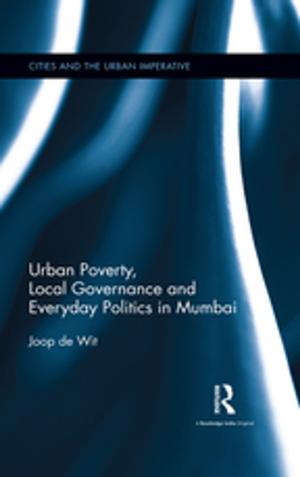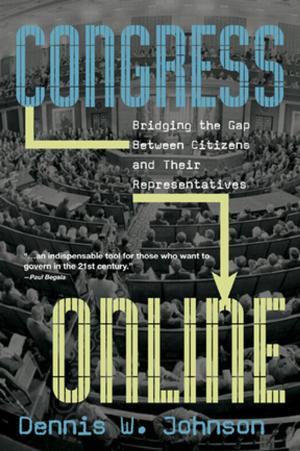| Author: | Mark Connelly | ISBN: | 9781317869832 |
| Publisher: | Taylor and Francis | Publication: | July 10, 2014 |
| Imprint: | Routledge | Language: | English |
| Author: | Mark Connelly |
| ISBN: | 9781317869832 |
| Publisher: | Taylor and Francis |
| Publication: | July 10, 2014 |
| Imprint: | Routledge |
| Language: | English |
`We Can Take It!' shows that the British remember the war in a peculiar way, thanks to a mix of particular images and evidence. Our memory has been shaped by material which is completely removed from historical reality. These images (including complete inventions) have combined to make a new history. The vision is mostly cosy and suits the way in which the Britons conceive of themselves: dogged, good humoured, occasionally bumbling, unified and enjoying diversity. In fact Britons load their memory towards the early part of the war (Dunkirk, Blitz, Battle of Britain) rather than when we were successful in the air or against Italy and Germany with invasions. This suits our love of being the underdog, fighting against the odds, and being in a crisis. Conversely, the periods of the war during which Britain was in the ascendant are, perversely, far more hazy in the public memory.
`We Can Take It!' shows that the British remember the war in a peculiar way, thanks to a mix of particular images and evidence. Our memory has been shaped by material which is completely removed from historical reality. These images (including complete inventions) have combined to make a new history. The vision is mostly cosy and suits the way in which the Britons conceive of themselves: dogged, good humoured, occasionally bumbling, unified and enjoying diversity. In fact Britons load their memory towards the early part of the war (Dunkirk, Blitz, Battle of Britain) rather than when we were successful in the air or against Italy and Germany with invasions. This suits our love of being the underdog, fighting against the odds, and being in a crisis. Conversely, the periods of the war during which Britain was in the ascendant are, perversely, far more hazy in the public memory.















